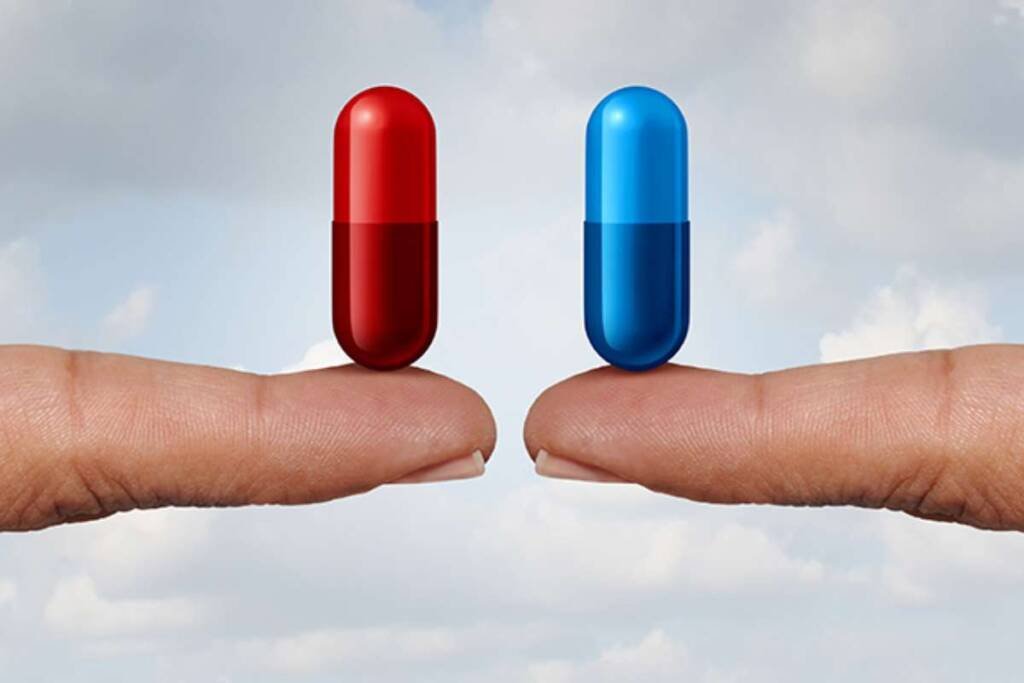The British Generic Manufacturers Association (BGMA) has been denied a seat at the negotiation table for the new Voluntary Scheme for Branded Medicines Pricing and Access (VPAS).
The BGMA had filed a legal challenge earlier this year, arguing that four out of 10 products in the current VPAS scheme are actually branded generics or biosimilars. These products are already subject to significant competition, which reduces their cost to the NHS by up to 80% below the originator price. The BGMA argued that layering in VPAS rebates on top of this competition would make these products commercially unviable and could lead to them being withdrawn from the market.
The BGMA’s challenge was unsuccessful, with the Royal Courts of Justice ruling that it is up to the Secretary of State to decide with whom to negotiate. The judgment also noted that it would be difficult to arrive at a model for VPAS governance that would satisfy both the ABPI and BGMA.
The ABPI, which represents the branded drug industry, has been the representative industry body for negotiations on voluntary schemes for more than 60 years. The ABPI’s chief executive, Richard Torbett, noted that this is “a responsibility we take extremely seriously and one which has been reaffirmed.”
The current VPAS expires this year, and negotiations are underway between the ABPI and the Department of Health and Social Care for a new five-year deal. The pharma industry hopes that the new deal will introduce a correction to the rebate rate, which has rocketed from a level of around 7% before the pandemic.
The BGMA’s chief executive, Mark Samuels, said that the decision was “extremely disappointing” and that the VPAS rebates are “not sustainable”. He warned that the rebates could see products being removed from sale, as was the case with Celltrion’s biosimilar of Roche’s breast cancer therapy Herceptin (trastuzumab).
The VPAS is a voluntary scheme that allows branded drug companies to negotiate discounts on the prices of their products in exchange for guaranteed access to the NHS. The scheme was introduced in 2014 and has been credited with saving the NHS billions of pounds.
However, the VPAS has been criticized by some for being too generous to the pharmaceutical industry. The BGMA’s challenge was an attempt to address these concerns, but it was unsuccessful. The new VPAS deal is likely to be finalized later this year.
“While we were disappointed that the BGMA decided to take this action, we recognise their decision was driven by the extreme challenge placed on all parts of the industry from the surge in the branded medicine payment rates,” he said.
“The solution to these problems must be a completely new and sustainable approach to medicines provision in the UK, which rapidly brings industry revenue payments in line with comparator countries to unlock investment and growth.”





























